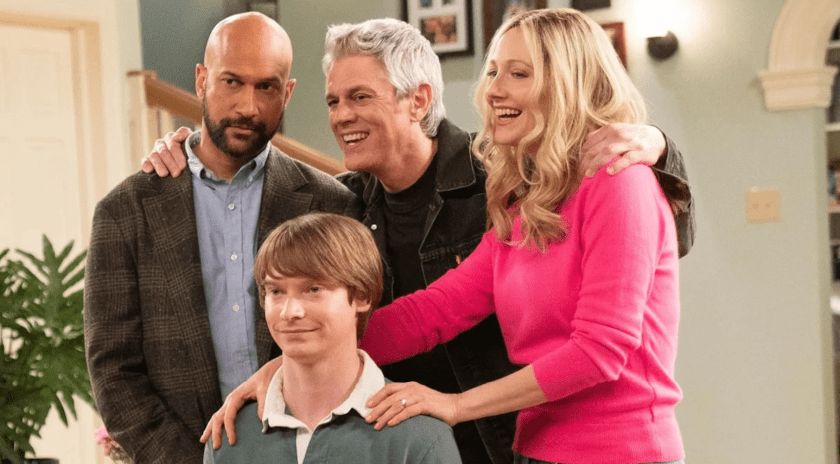Reboots have made a big comeback in the past five years. “Fuller House,” “Saved by the Bell” and “iCarly” are just a few that have aired in the past couple of years and a lot of people seem to be sick of them. “Reboot” explores the idea of a reboot in a satirical way with comedic tropes that stem from early sitcoms. It’s a mixture of traditional sitcom tropes and dry humor that has been growing in popularity on TV.
“Reboot” begins with a writer looking to reboot a sitcom “Step Right Up” featuring a comedic family from the early 2000s. It resembles family sitcoms we are all familiar with (such as “Full House”). The cast of “Step Right Up” was unsuccessful after their careers on the show ended, and they agreed to do the sitcom with the promise that it would have deeper and more meaningful jokes. The cast likes this and prefers the idea of more developed characters. The show changes when they discover the original writer had joined the team and wants to stick to the original content, with its original humor. The cast detests this and insists that the new writer works on the script instead. Ultimately, both the original and new writer agree to attempt to work together to reboot “Step Right Up”.

The cast of “Reboot” is exceptional. It includes several big names such as Keegan-Michael Key, Judy Greer and Johnny Knoxville. The cast plays their respective roles well, fully embodying their characters. The casting feels small and tight-knit, but that does not make their performances any less meaningful. Many of the cast members have a background in comedy, such as Keegan-Michael Key in “Key and Peele” and Judy Greer in “Archer.”
“Reboot” is self-aware in its humor, featuring comedic tropes that have been used for years. In episode three, there is a group of young and old writers who worked on the original “Step Right Up.” The two groups can’t agree on anything for the script and have vastly different ideas on what is humorous. The older age group prefers corny jokes and the younger prefers dryer jokes with modern references. At the end of the episode, they finally come around to agreeing on something that suits both of their senses of humor. This is a perfect metaphor for the show itself. It’s aware of old tropes and still uses them in addition to modern, dry humor similar to what we see in newer comedy shows such as “Arrested Development” and “Curb Your Enthusiasm.” I appreciate how “Reboot” acknowledges social issues that older sitcoms may not have addressed, such as harmful stereotypes and problematic tropes about gender and race.

The first three episodes of “Reboot” are full of unpredictable surprises. Sitcoms are typically known for fairly predictable plots in a slice-of-life fashion, but “Reboot” challenges this as well, having less predictable tropes. One example of this is from episode three when the bethel test is discussed, and the episode almost fails it. It is revealed at the end that not only did the two female characters not only end the episode by not talking about men, they ended up going home with each other. I did not expect this and I thought it was a great way to end the episode. I am looking forward to more episodes and would recommend everyone check out this fun comedy.
“Reboot” is now streaming on Hulu, with new episodes each Tuesday.

One comment